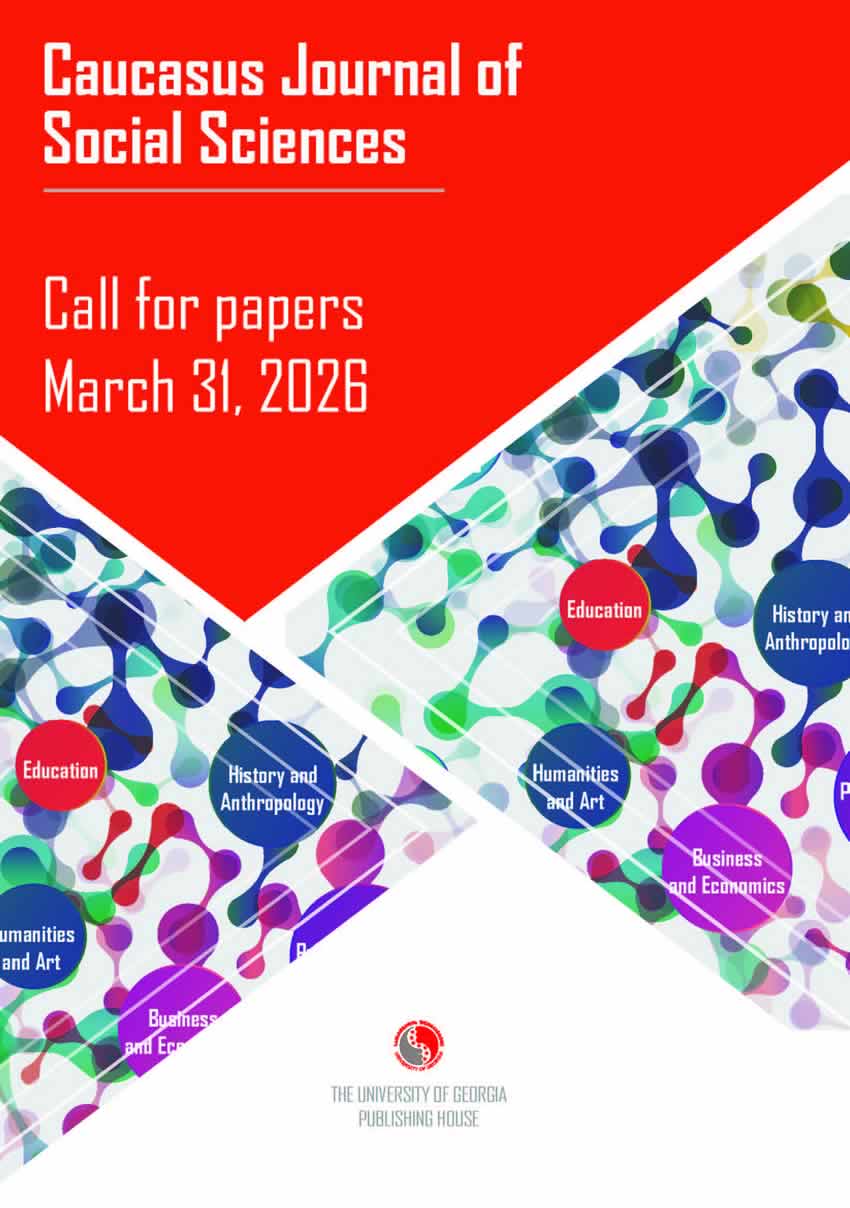Idea against Others Ideas: Caligula – History of Supreme Suicide
DOI:
https://doi.org/10.62343/cjss.2013.118Keywords:
Albert Camus, Caligula Play, Existentialism ,Absurdism, Power and Death, Philosophical Suicide, Rebellion and FreedomAbstract
French writer Albert Camus (1913-1960) is known for the readers as wise but controversial writer who created novels, stories, plays, philosophical and literary essays. His early literary creations as well as his world out-look were prepared with the characteristics of European philosophic tra-ditions and literary development.
Camus is one of the important representatives of French existential-ism though he was always objected being called an existentialist or even a philosopher: The former – possibly because that in the evolution of his viewpoints time after time he used to separate its chief statements; and the latter because he did not have the system of philosophical conception.
Caligula is the History of Supreme Suicide. Caligula is the killer not by nature but by philosophic principles. He is paradoxical, he thinks that he is right but in fact he is wrong. Caligula refused to escape from genuine-ness and to hide behind illusions. Human beings’ attitude towards death is metaphysical, mysterious and inevitable. The fears of death, mysterious experience and human weakness are the components of Camus’ works. The death dominates over the life thus life becomes pointless. The beauti-ful world is just a glimpse.
According to the existential philosophy, fear and death are the defini-tion of human life. Caligula cannot understand that it is impossible to destroy everything without self destruction. It is the most tragic, cruelest truth. The Emperor demands impossible thing. He tries to establish ab-normal freedom but he fails.
Downloads
Published
How to Cite
Issue
Section
License
Copyright (c) 2023 Khatuna Tsiklauri

This work is licensed under a Creative Commons Attribution 4.0 International License.
In case an article is accepted for publication it is allowed to combine the article with other research, to conduct new research on the article, or to make different arrangements on condition that the same license is used including commercial purposes.
As an author of an article published in the Caucasus Journal of Social Sciences, you retain the copyright of your article and you are free to reproduce and disseminate your work.











